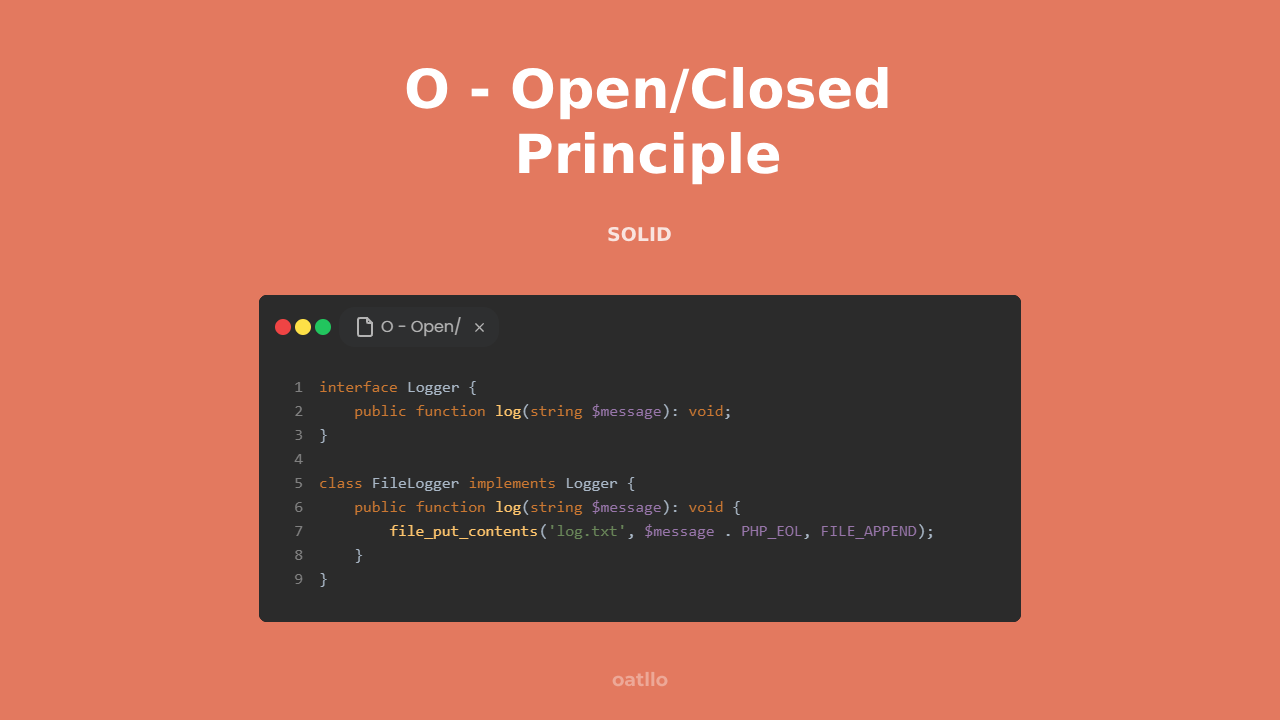Open/Closed Principle in Programming
The Open/Closed Principle (OCP) is one of the key principles of object-oriented programming, aimed at increasing code flexibility and modularity. This principle states that classes should be open for extension but closed for modification. In practice, this means we should be able to add new functionality to our code without changing the existing, well-tested code.
Why is the Open/Closed Principle important?
Applying the Open/Closed Principle in software design helps reduce the risk of bugs when making changes, while also making the code easier to test and maintain. Thanks to this principle, we can respond more effectively to evolving business requirements and introduce new features. In practice, this means that a well-designed system will be more maintainable and extensible in the long run.
How to apply the Open/Closed Principle?
To effectively implement the Open/Closed Principle in PHP code, it’s worth using techniques such as inheritance and interfaces. Creating abstract base classes or interfaces allows us to implement different variations of behavior without modifying the existing code. Instead, we add new classes that inherit from base classes or implement interfaces, which aligns with the OCP principle.
Examples of the Open/Closed Principle
When analyzing practical applications of the Open/Closed Principle, it’s worth looking at its use in PHP frameworks and popular libraries. Many of them, such as Laravel and Symfony, adhere to OCP by enabling developers to extend applications through extensions or middleware. This approach helps build high-quality and efficient applications that are both stable and easy to evolve.
Check out the articles below to explore the Open/Closed Principle in PHP programming and discover its practical applications!
